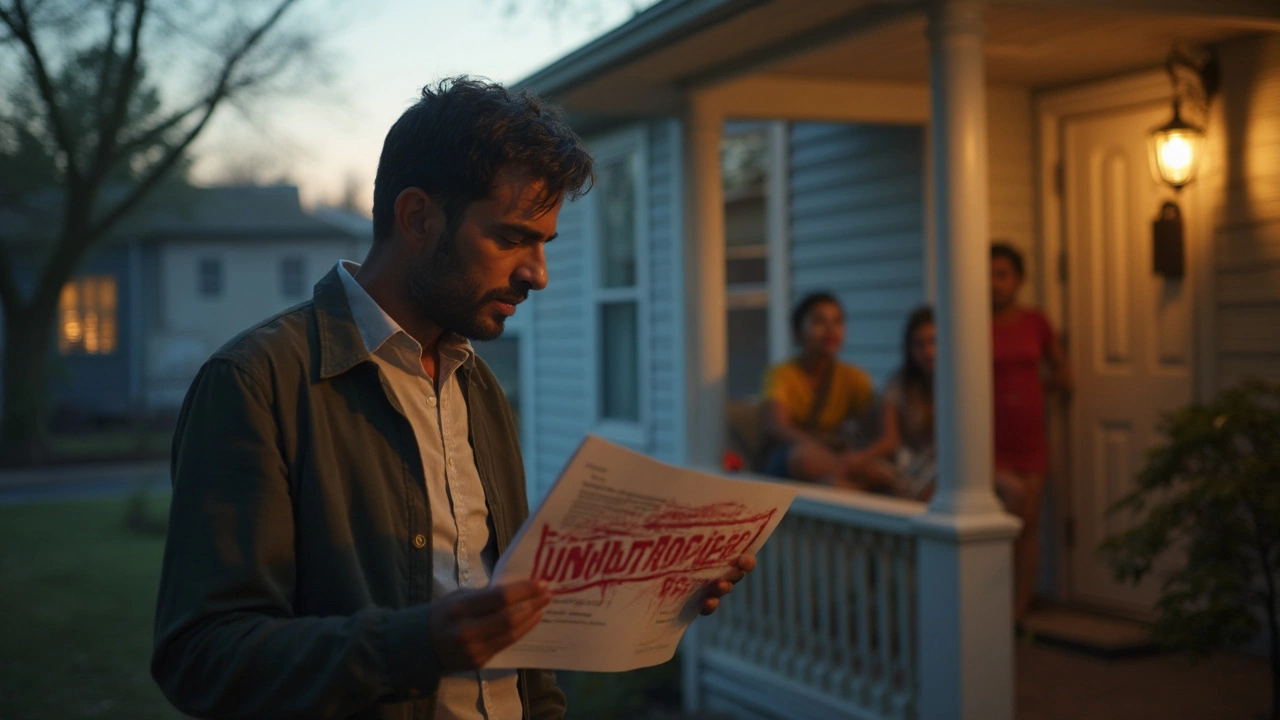Unlicensed Rental: What It Is and Why You Should Care
When you hear “unlicensed rental,” think of a property being let out without the proper approvals from local authorities. It’s not just a paperwork issue – it can affect safety, finances, and legal rights for both tenants and landlords. In this guide we break down the basics, the real dangers, and what you can do to avoid trouble.
Why Unlicensed Rentals Matter
First off, an unlicensed rental often skips safety checks. That means fire alarms, structural certifications, and sanitation standards might be missing. For a tenant, this can translate into unsafe living conditions. For a landlord, operating without a license can lead to hefty fines, forced closures, or even eviction of the tenants.
Besides safety, the legal side is a big deal. Many cities require a rental licence to collect rent legally. If the licence is missing, a landlord might lose the right to enforce a lease, collect rent, or evict a non‑paying tenant. Tenants can also find it harder to claim back deposits or get repairs done because the landlord has no official standing.
Insurance is another hidden risk. Most policies won’t cover a property that isn’t licensed, leaving both parties exposed to damage costs that won’t be reimbursed. In short, the lack of a licence creates a fragile legal and financial foundation for everyone involved.
How to Spot and Avoid Unlicensed Rentals
Spotting an unlicensed rental is easier than you think. Start by asking the landlord for a copy of the licence or proof of registration. In many regions this document is public, so you can also check the local housing authority’s online portal. If the landlord hesitates or gives vague answers, that’s a red flag.
Look for signs of cutting corners: unusually low rent, missing safety equipment, or a lease that lacks standard clauses. A lease that doesn’t mention the landlord’s name, address, or the property’s legal status is suspect. Also, be wary of listings that claim the property is “off‑grid” or “unregistered” as a selling point.
If you suspect a property is unlicensed, you have a few options. You can contact the local municipality to verify the licence status. You can also ask a real‑estate lawyer to review the lease before you sign. For landlords, the best move is to apply for the necessary licence early, keep documentation up to date, and communicate openly with tenants about compliance.
Finally, remember that both parties benefit from a licensed rental. Tenants get safer homes, clearer rights, and better chances of getting deposits back. Landlords gain legal protection, the ability to enforce lease terms, and access to insurance. Investing the time to get the licence sorted out pays off in peace of mind.
Unlicensed rentals may seem like a shortcut, but they often lead to bigger problems down the road. Whether you’re looking for a new place or renting out a property, make sure the paperwork is in order. A quick check today can save you from fines, legal battles, and unsafe living conditions tomorrow.

Penalty for Renting Without a License in Maryland: Do the Risks Add Up?
Renting out property in Maryland without a license can get messy—and expensive—fast. Landlords who skip registration might face steep fines, legal action, and a whole lot of hassle with tenants. This article breaks down what happens if you rent without a license, how authorities catch unregistered rentals, and what you need to do to avoid nasty surprises. You'll also catch some quick tips to keep your rental business legal and stress-free.




